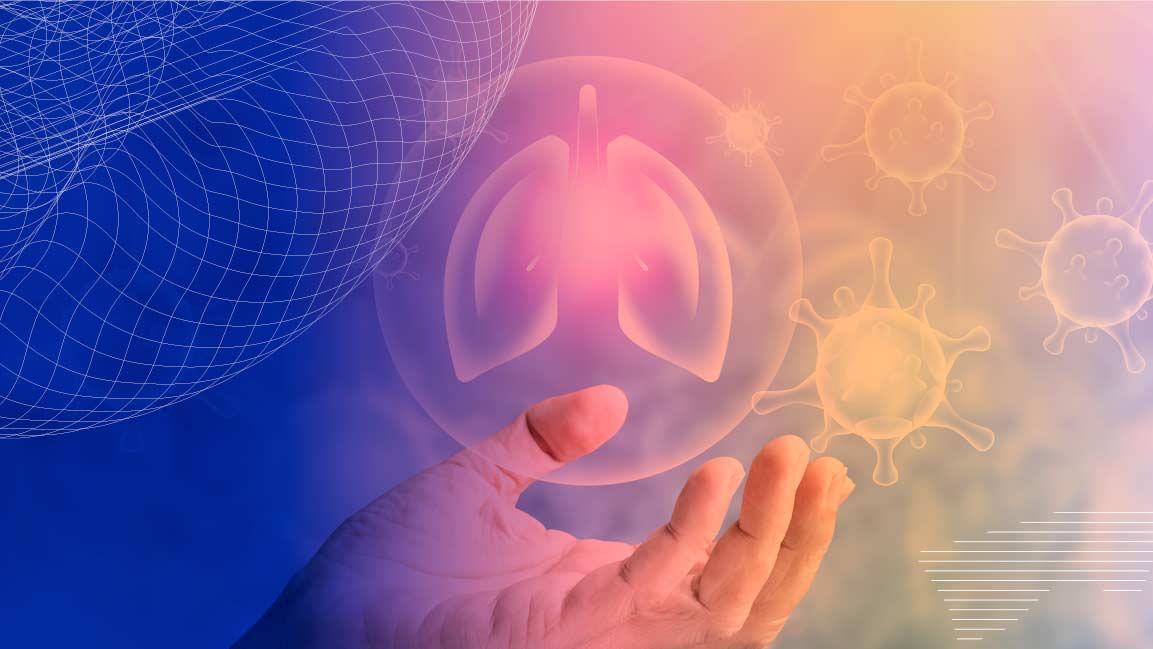- | 1:00 pm
Researchers in Saudi Arabia develop AI to detect elusive post-COVID-19 lung damage
The algorithm has been developed with chest scans from China and inputs from radiologists.

The healthtech sector in the Middle East is expected to become a $1.8 billion industry by 2024. In 2020, funding raised by global healthtech startups doubled compared to investments in 2019. Remote consultations and monitoring of patients, along with robots as caregivers, helped ensure social distancing and reduced the burden on hospitals during the pandemic.
In the post-pandemic era, researchers at the King Abdullah University of Science and Technology (KAUST) in Saudi Arabia developed an AI-powered diagnostic tool that tracks post-covid lung infections. The smart solution superimposes algorithms on chest imaging data to spot signs of deep-lung parenchyma-enhancing (DLPE). This condition is visible from damage caused to the lungs by covid, which conventional scans cannot detect.
The process involves removing anatomical features which do not indicate DLPE and then using computer vision to scan the rest of the signs. The algorithm which spots damage caused to lungs because of covid is trained using thousands of chest scans from China. Inputs from expert radiologists have also been used for refining the AI-backed diagnosis further.
After AI spots lung scarring and pulmonary abnormalities, radiologists can explain the respiratory issues faced by patients who recover from covid. Researchers at KAUST also used the technology for scanning patients with other lung infections such as pneumonia and even cancer. Having accurate visualization of the conditions can lead to more effective treatment and complete post-covid recovery.
The technology has already been proven effective at an affiliated hospital of China’s Harbin Medical University. Radiologists at the King Faisal Specialist Hospital in Riyadh have also used another version of the AI.
In the past couple of years, AI-powered tools have been developed to detect breast cancer and the impact of diabetes on eyesight in the Middle East.































